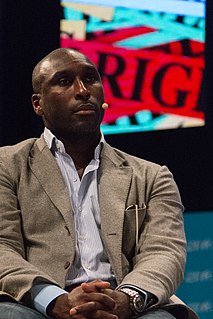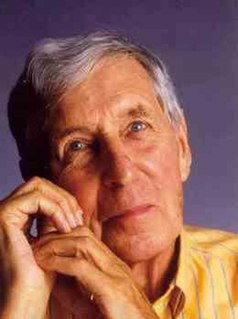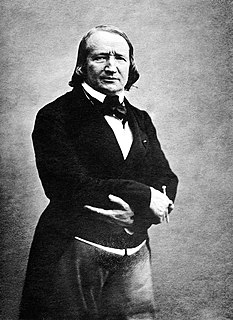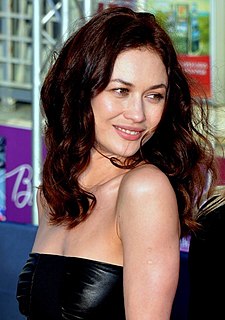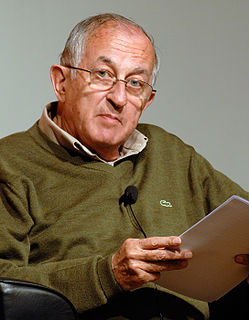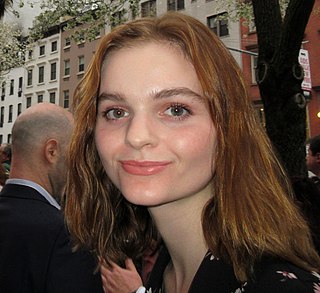A Quote by Kehinde Wiley
You have to be careful about over-politicizing the utterances of people of colour because, oftentimes, there's poetry that seeks to go beyond that narrative.
Related Quotes
...This is the first time I have met someone who seeks out people and who sees beyond. [...] We never look beyond our assumptions and, what's worse, we have given up trying to meet others; we just meet ourselves. We don't recognize each other because other people have become our permanent mirrors. If we actually realized this, if we were to become aware of the fact that we are alone in the wilderness, we would go crazy. [...] As for me, I implore fate to give me the chance to see beyond myself and truly meet someone.
One of the reasons why I think virtual reality, as a narrative format, is never going to go beyond the short-form immersion space is because the bedrock of visual storytelling is the reverse angle. If you can't look into the eyes of the protagonist, you cannot hold people's attention for more than 15 minutes.




